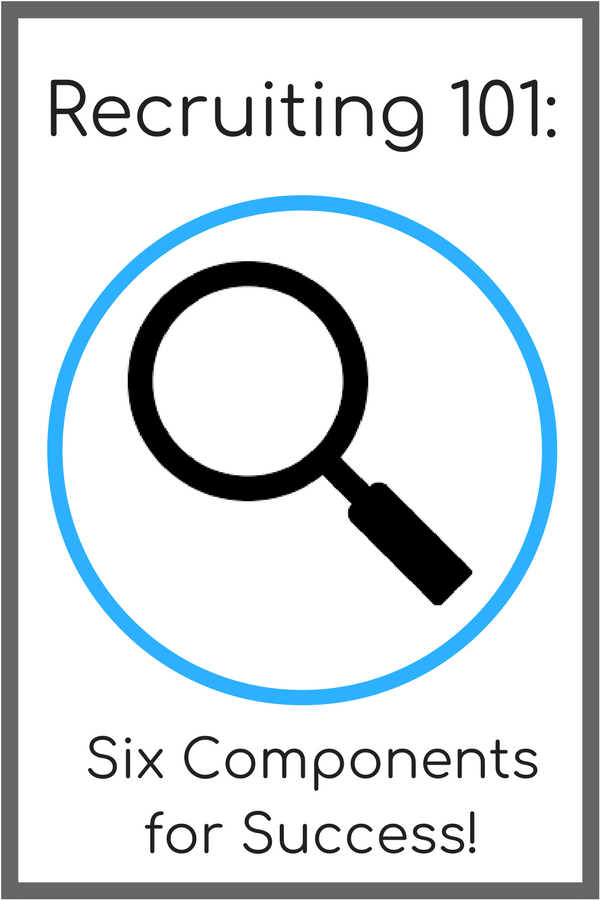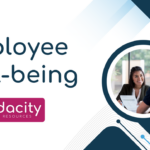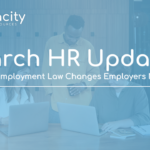October 30, 2020
2020 Voting Laws & Other HR Updates
Minnesota Voting Laws
Minnesota law requires employers to permit employees to take off, with pay, the time needed to vote in an election. The statute provides:
“Every employee who is eligible to vote in an election has the right to be absent from work for the time necessary to appear at the employee’s polling place, cast a ballot, and return to work on the day of that election, without penalty or deduction from salary or wages because of the absence. An employer or other person may not directly or indirectly refuse, abridge, or interfere with this right or any other election right of an employee.”
Wisconsin Voting Laws
Wisconsin law requires an employer to provide an employee up to three (3) hours of time off to vote if the employee request the leave prior to the day of the vote or election. The voting leave does not need to be paid. An employer may determine when an employee takes voting leave.
Minnesota Absentee Ballot
In a 2-1 ruling, a panel of the Eighth Circuit U.S. Court of Appeals on Thursday ordered that all mail-in ballots received after 8 p.m. on Election Day be set aside, but the order stopped short of a final determination on the validity of the post-Election Day ballots.
The 8th Circuit sent the case back to a lower court and instructed it to require Minnesota election officials to identify and “segregate” absentee ballots received after Nov. 3.
Updated CDC Guidance
The CDC updated its guidance to define a close contact as:
“Someone who was within six feet of an infected person for a cumulative total of 15 minutes or more over a 24-hour period starting from two days before illness onset (or, for asymptomatic patients, two days prior to test specimen collection) until the time the patient is isolated.”
Preparedness Plans
Don’t forget to keep your Preparedness Plans updated!
Falling Back
A friendly reminder that daylight saving time will end on Sunday, Nov. 1, 2020. Watch your timekeeping protocols if you have staff working a late shift.
About the Author
HR thought leader, Stacy Johnston, provides innovative HR solutions with a mission to support organizations in understanding and engaging their biggest competitive advantage… their employees. Johnston writes and speaks about contemporary HR topics. She is a licensed attorney and holds the SHRM-CP and PHR credentials.

Interested in ongoing HR expertise, compliance assistance or more HR tips?
Check out our online resources or reach out to us for a free and confidential consultation at info@audacityhr.com
Resources
Looking for training resources? Check out our online options!







